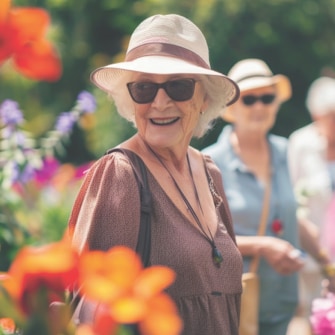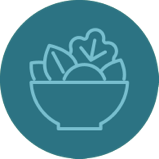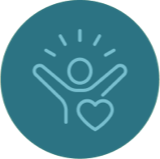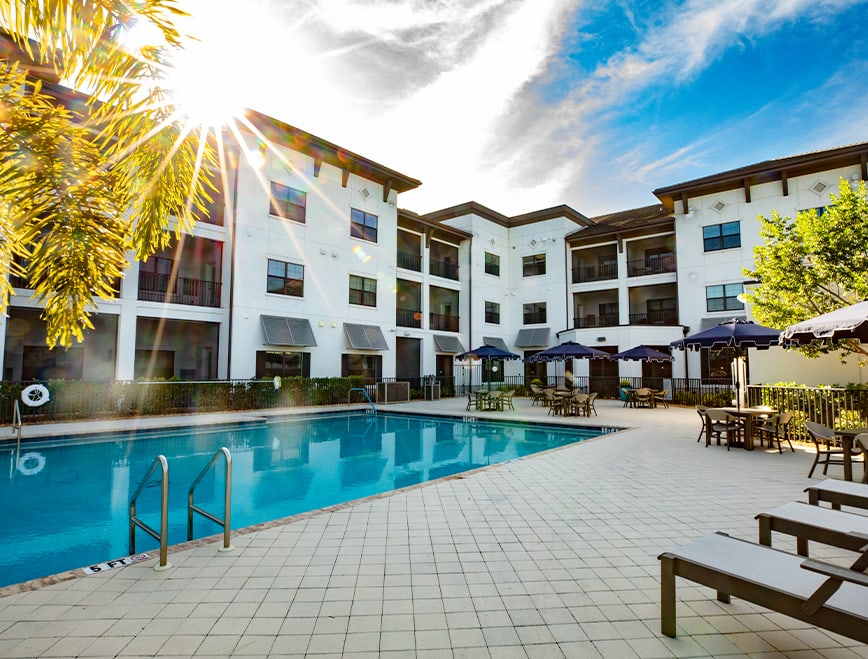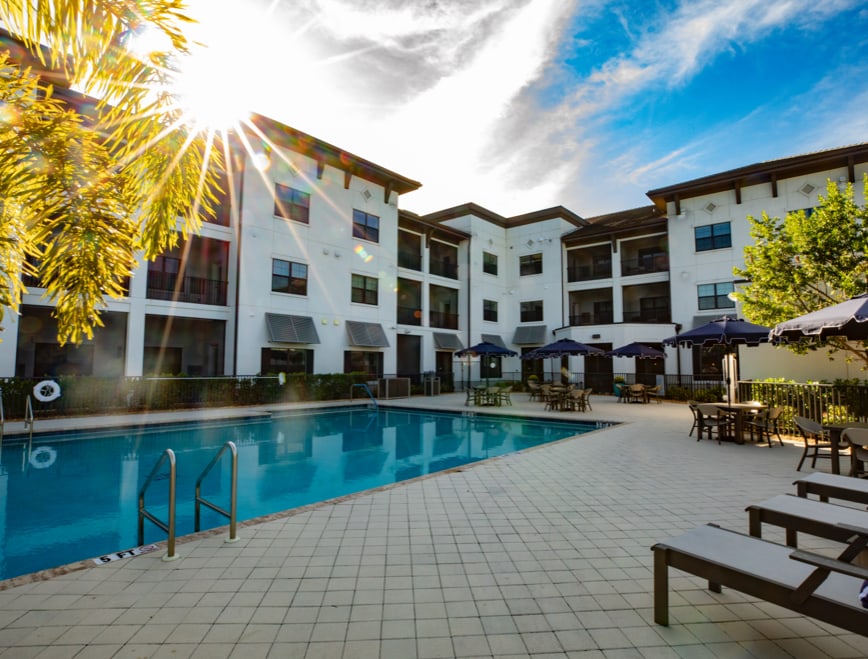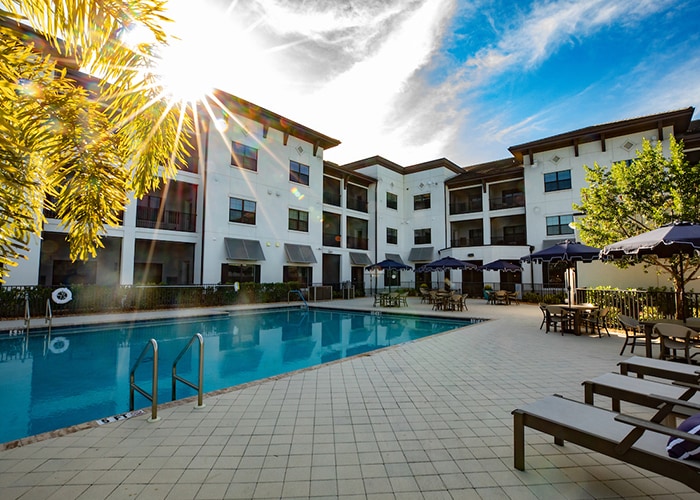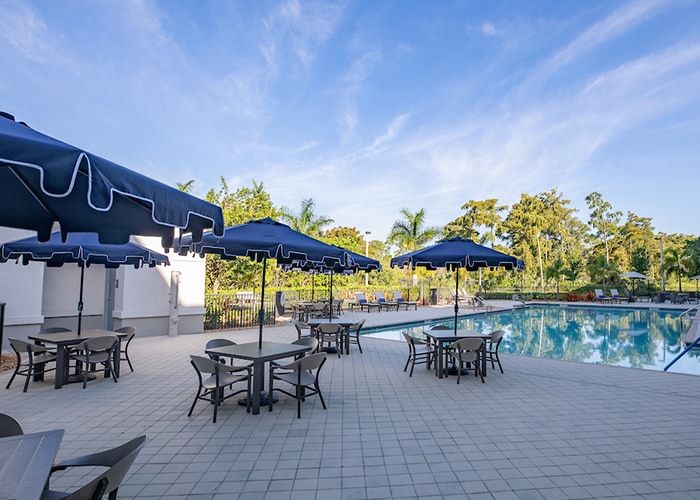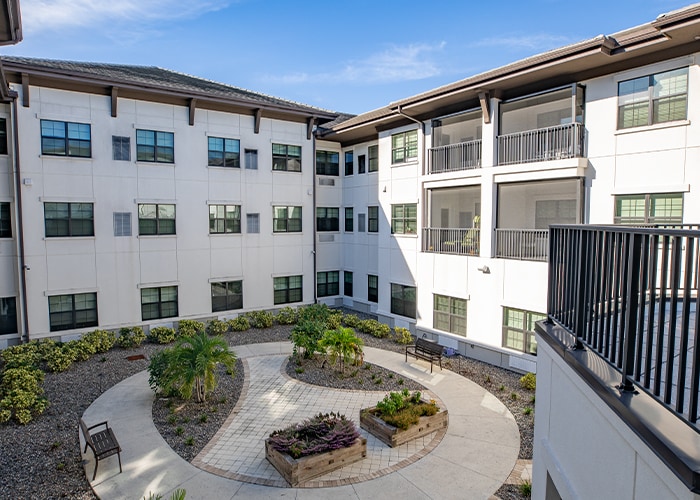Brain health is essential to our overall health, well-being, and quality of life. Our cognitive abilities—how we think, learn, and remember—are what makes daily tasks like organizing finances, cooking, or driving manageable.
Older adults can take proactive steps to potentially promote brain help. These activities include healthy eating, physical activity, and mentally stimulating games. Whether you live independently or are part of an assisted living community, many of these activities are easily accessible to older adults and are even fun to explore. Residents at Seascape at Naples can enjoy programs and events built into their community as well.
Brain Health in Seniors
Brain health goes beyond cognitive ability, encompassing:
- Movement and balance
- Emotional processing and regulation
- Response to pain, temperature, and other sensations
- Your five senses (sight, taste, hearing, smell, touch)
- Cognitive function, including learning, reasoning, and memory
Factors such as aging, genetics, mood disorders, injury, and substance use can affect brain health. The good news, though, is that there are factors within your control that can promote brain health, from being proactive about your general physical health to engaging in stimulating activities.
Activities for Brain Health
Healthy Eating
According to the National Institute on Aging, there is mixed evidence around whether foods you eat affect your cognitive health directly. However, healthy eating can reduce the risk of heart disease and diabetes, which may in turn benefit your brain because cardiovascular risk factors like high blood pressure are associated with worse cognitive health.
Some diets may also benefit the brain and decrease one’s risk of developing Alzheimer’s disease. For example, the Mediterranean diet and the MIND diet—a combination of the Mediterranean and DASH (Dietary Approaches to Stop Hypertension) diets—have been associated with a lower dementia risk.
Exploring healthy foods and recipes, learning to cook, and sharing meals with family and friends can not only benefit your well-being, but can also become enjoyable pastimes. If you’re interested in embarking on a new diet, talk to your healthcare provider first. Everyone’s needs are different, and your doctor will have more personalized advice.
Physical Exercise
Some studies suggest that there’s a connection between physical activity and healthy brains. A good rule of thumb is 150 minutes of physical activity a week. Consider trying a variety of exercises, including aerobic, strength, and balance exercises.
It’s important to stay safe and take safety precautions to reduce the risk of falling when exercising. If more intense forms of physical activity are new to you, check in with your healthcare provider before starting a new exercise regimen.
Here are some low-barrier physical activities older adults can try:
- Walking: Explore trails around your neighborhood; better yet, organize or join a walking group to make new friends and socialize
- Tai Chi: This gentle, meditative martial art is popular among older adults and many community centers offer lessons for beginners
- Household chores: Yes, moving around the house, cooking, and cleaning counts as physical exercise!
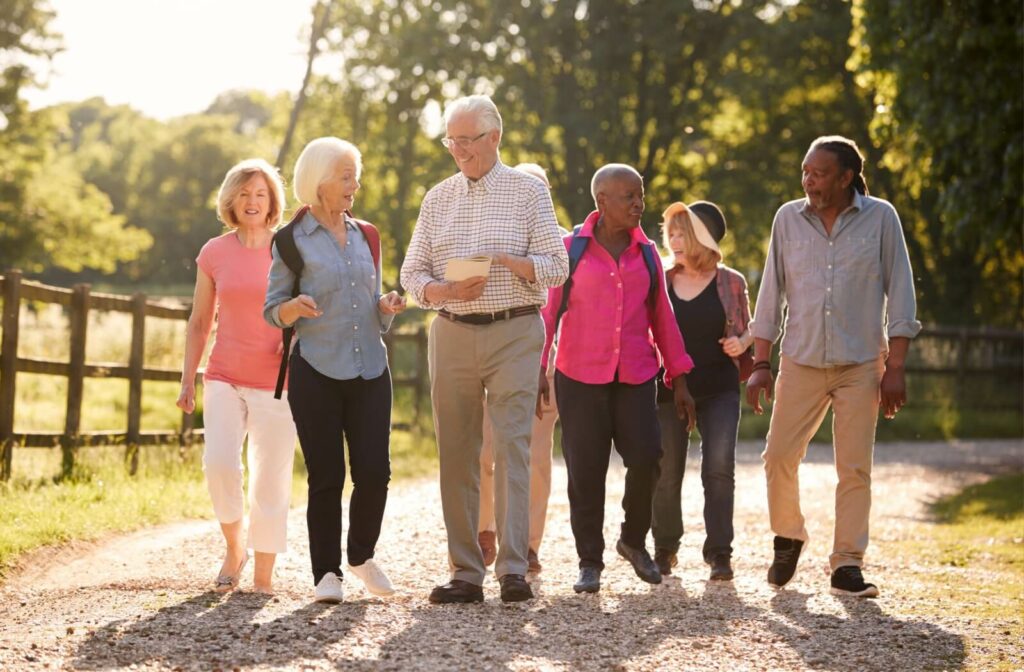
Computer Games
While the evidence for phone app and website games benefiting brain health remains inconclusive, there is some evidence to suggest that computer brain games may benefit healthy people over 60 years of age. Cognitive areas these games may promote include:
- The ability to multitask, focus, and plan—otherwise known as executive function
- How quickly your brain processes new information
- Short-term memory, such as the ability to remember phone numbers
- How well you remember information you hear (verbal memory)
The advantage of computer and phone games is that they’re often very cheap or even free. They also offer hours of fun and perhaps even friendly competition between you and your friends! However, try to limit screen time before bed, as it may disrupt sleep.
Crossword & Number Puzzles
If you want more robust evidence to support your gaming, you’ll be happy to know that crossword and number puzzles have been the subject of many studies. And the evidence is pretty promising! For example, doing crossword puzzles have been associated with a delay in memory decline by 2.54 years.
You can easily find crossword and number puzzles in places like:
- Newspapers and magazines, which often feature a new game in each edition
- Digital apps like the NYT Games, which include extensive archives for endless hours of fun
- Pocket-sized print books that can be carried anywhere
Older adults who do puzzles more often may benefit even more from their cognitive effects.
Social Connection
Humans are social creatures. Social interactions keep the brain engaged, help reduce feelings of loneliness, and may even ward off cognitive decline. Studies have revealed correlations between social interactions and better cognitive health.
Simple ways to stay social include:
- Joining a group for your favorite hobby, such as a walking group, arts and crafts club, or group music lessons
- Volunteering for a cause you care about, which can connect you with those who share your values
- Regular calls, chats, texts, and meet-ups with family and friends
Engaging Activities with Seascape at Naples
The advantage of joining a senior living community is that many of the activities mentioned above are integrated into everyday life. Residents can access an exciting calendar of events right at their doorstep, and meet friends in their very own neighborhood every day.
At Seascape at Naples, we recognize the value of cognitive wellness, and that’s why our community integrates enriching activities into daily living. From upscale, nutritious dining to award-winning signature programs, residents can enjoy resort-style living in our beautiful community in Naples, FL.
To see how our community can help you live a balanced, dynamic, and fulfilling lifestyle, schedule a tour with us today. We can’t wait to meet you!



